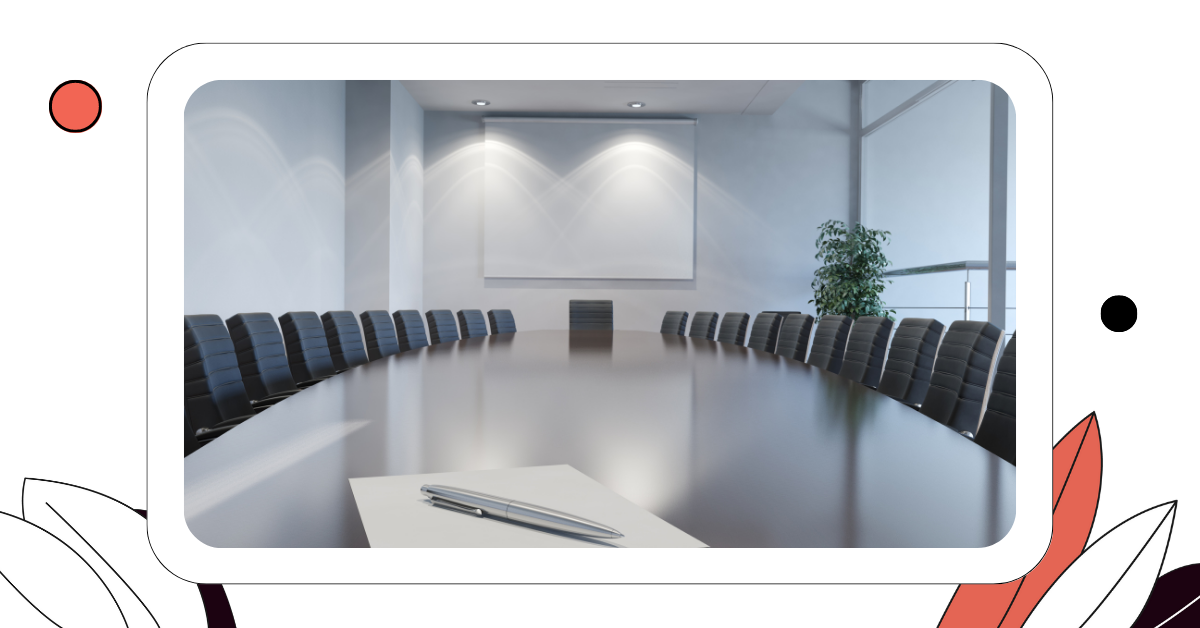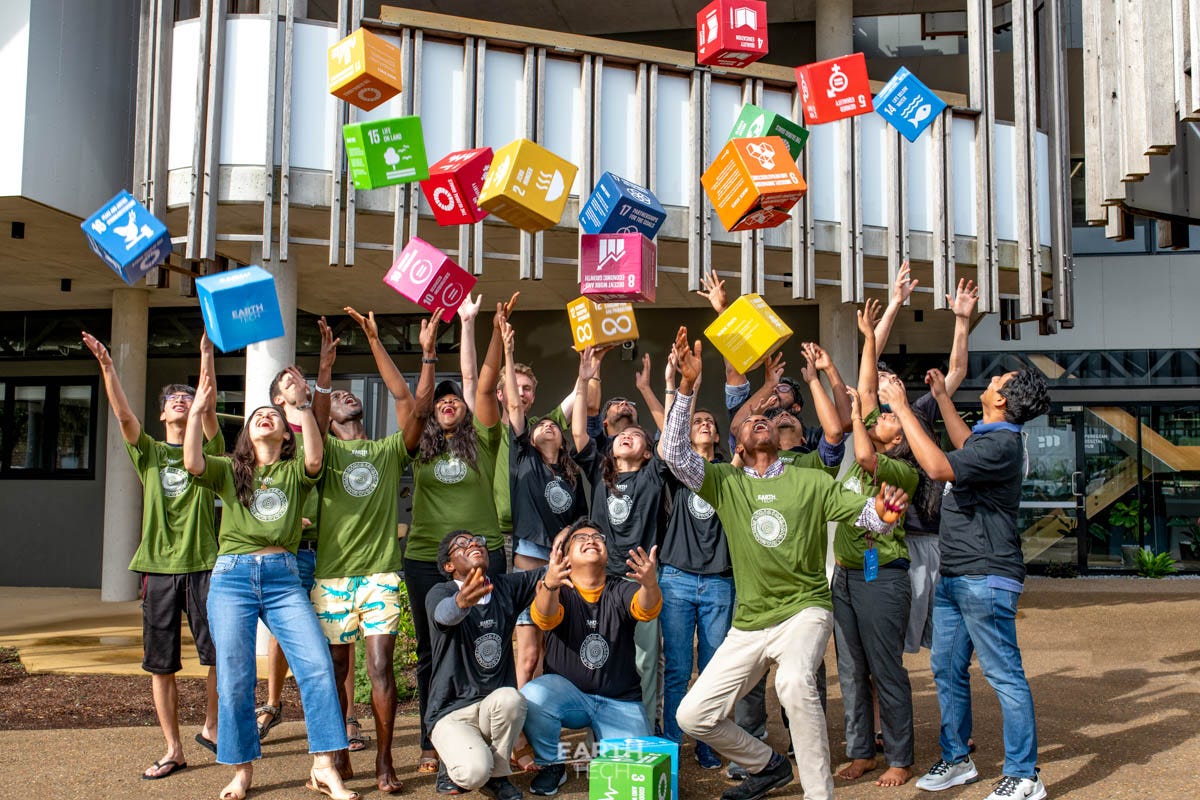3 min read
Introversion Stinks of Failure: How Personality Affects Success
 Anna Harrison
Dec 1, 2022
Anna Harrison
Dec 1, 2022

The science of understanding who gets heard and why is undeniably complicated. A cocktail of DNA, cultural influences, gender, personality, linguistic styles, geographical, physical and possibly even astrological influences simmer in human cauldrons made of skin and flesh.
It’s hard to pinpoint exact variables and establish causality, and it’s not that important to the story I want to share here. What is important, is to acknowledge that who gets heard, and why, is not symmetrical, or necessarily fair. It is not always the best idea in the room that wins. More than likely, it is the “best” person in the room, the one with the loudest voice, or the strongest personality, or the seat at the head of the table, who gets the accolades.
When ideas are generated… the efforts may be associated with the person most vocal, or powerful… not the person who came up with the idea — HBR
There’s possibly no better example of this effect in the workplace than the long, and unfortunate existence of Clippy (1996–2002, RIP). The “arrogant and creepy” office assistant was slammed in early usability tests, yet the project went ahead. The well known secret is that the office assistant was the brainchild of the First Lady of Microsoft — and because of that, even in the face of pretty hard facts, no one was willing to speak up. The holder of the idea held too much power. (Addendum: I have been told that Clippy, like a real artist, has gained an ironic following of appreciation posthumously).
Regardless of the cocktail that is contained in your skin’s cauldron, I would wager that you have experienced moments like this in your working life. The scenario of “I came up with the idea, but for reasons [insert valid reason], [insert colleague’s name] got the [credit | promotion]” is no doubt familiar to you. Each of us will have a different reason for the alleged oversight , and these will all be valid — for some, we put it down to gender, or accent, or stature, or the fact that we are introverted, and we had the same idea three years ago but told no one and now Bob gets the credit even though it was I that came up with the idea.
Ideas are currency
We are in the fourth industrial revolution. In this new era of machine + human collaboration, we peddle ideas in the workplace. We think thoughts, and write algorithms and reports. We create things from nothing more than overactive synapses in our brains.
Yesterday’s thought is tomorrow’s career windfall.
There are decades of research that indicate that linguistic styles — or the way in which we speak — impact our perceived value at work. People who are uncomfortable with verbal opposition are often mistaken for being insecure. Introverts are likely to have their ideas devalued and misappropriated. In a workplace where ideas are currency, the effects of unfair attribution of ideas becomes extremely relevant. Regardless of the reasons why an idea may have been credited to the wrong person, it is the effect of this incorrect attribution that matters.
Prisoners of our own personality

Photo by Rebecca Colefax, EarthTech Summit 2020
John Maeda started collecting data on the effects of design on tech in 2015. Maeda’s data has proven that “diversity is good for business”, that is, that products created by diverse teams outperform products created by singular teams by over 25%.
If [person] doesn’t feel comfortable speaking up, then how are you going to get all the best ideas out there? We need the diversity of views…we are missing the opportunity to get the best thinking out there on the table — HBR
On the one hand, we have anecdotes like Clippy, years of trend and performance data from sources like Design in Tech, that point to the value of giving equal opportunity to diverse ideas, from diverse sources. On the other hand, we have research that points towards the trappings of linguistic style and personality, and the inherent biases that trap us into preferencing ideas from people who are “just like us”.
We want diversity, and yet we are imprisoned by our own humanity.
Leaning on the machines
Recognising that we are all fallible when it comes to actioning intentions of equality in the workplace is a really good thing. Rather than strive to remove all bias from ourselves — a task that requires us to rewire our innate biological predispositions — we can create systems that take the pressure of relying on our humanity. We already lean on technology to action the things we are not amazing at. Why don’t we lean on the machines to help us eliminate bias from ideation?
Perhaps it’s time to use technology to empower all the voices, and ensure that credit is given based on the quality of ideas, not the power dynamics in the meeting room. Introversion should not affect your next promotion.
